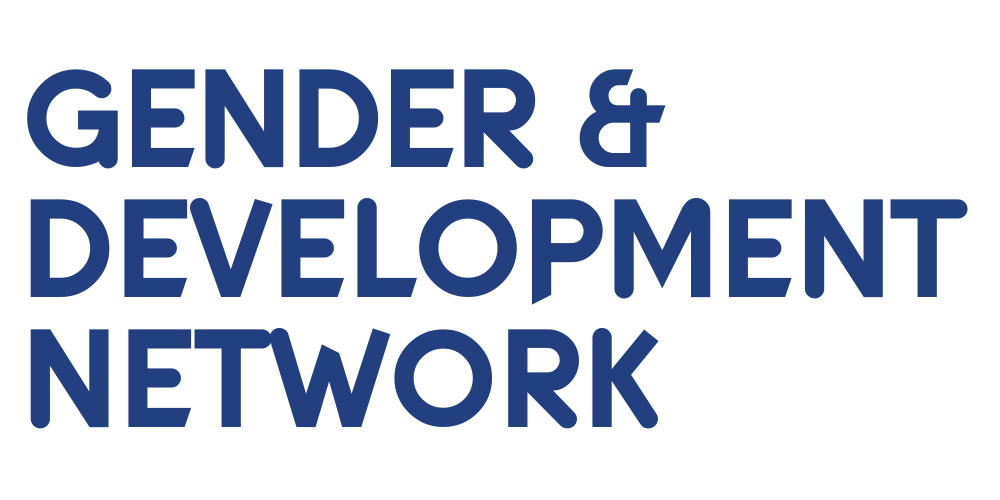Achieving Gender Equality and Women’s Empowerment in the Post-2015 Framework
The current set of Millennium Development Goals (MDGs) is due to expire in 2015 and the process is underway to shape a new agreement. GADN’s new report ‘Achieving Gender Equality and Women’s Empowerment in the Post-2015 Framework’ argues that to achieve real and sustainable change, the next framework must tackle the underlying causes of gender inequality and promote women’s empowerment.
“The post-2015 framework represents a vital opportunity to build on current momentum and ensure gender equality remains an international priority. A strong and well-resourced standalone goal on women’s empowerment and gender equality, together with the mainstreaming of transformative gender targets across the framework, is the approach most likely to address the structural inequalities which persist for women and girls. It also the best way to foster the necessary political will, resources and national ownership to create sustainable and effective action on gender equality and women’s rights” says Jessica Woodroffe, co-author of the report and Director of GADN.
GADN, a network of 70 of the UK’s leading development NGOs and gender experts, has drawn on evidence from academic research and our members’ own experience, together with lessons learnt from the current MDG framework to produce the report. Conclusions include:
The most effective way to achieve gender equality is through a ‘twin track’ approach, combining a standalone goal with mainstreaming throughout the framework.
In the context of the current political debate, a standalone goal on gender equality is vital because of the political commitment and dedicated resources that a specific focus brings.
Targets across the framework must be transformative so that they reflect a lasting change in the power and choices women have over their own lives and tackle the root causes of inequality.
In defining goals and targets, consultation with organisations in the Global South working to promote the rights of women and girls will be crucial. The report supports such efforts by proposing specific criteria which could be used to develop targets and draws on previous consultations to suggest possible thematic areas.
